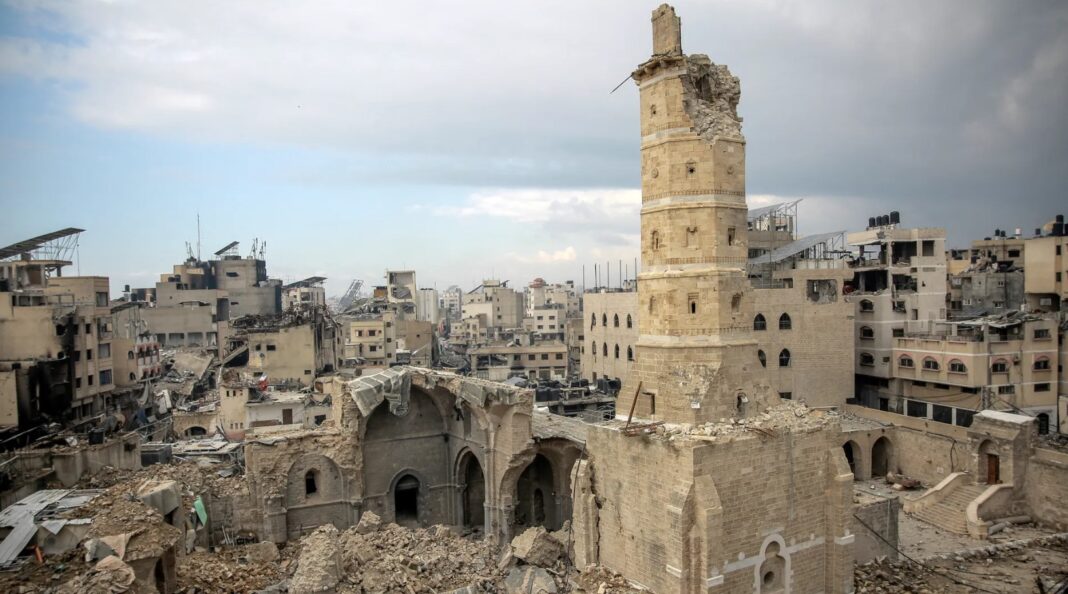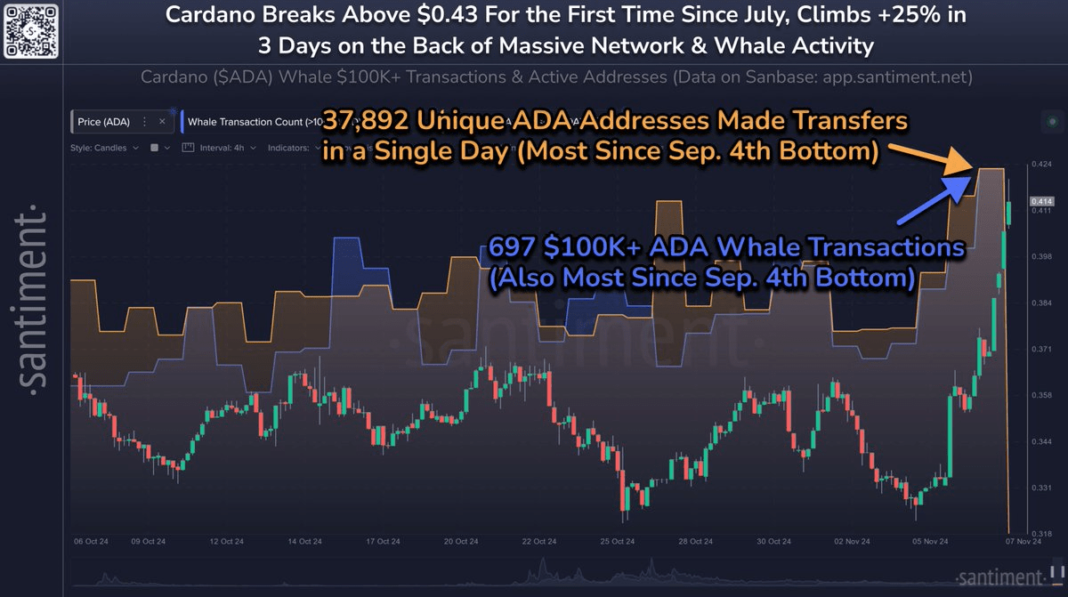The violence in Gaza continues to escalate, with Israeli strikes leading to rising casualties and deteriorating conditions for civilians. Palestinians are left to confront the grim choice of evacuating through perilous routes or remaining in uninhabitable areas. The blockade of aid and depleting supplies has intensified fears of famine and irreversible harm to the population in northern Gaza.
In a further development, Israel formally notified the United Nations on 5 November of its decision to sever ties with the UN Agency for Palestinian Refugees (UNRWA).
The Israeli Ministry of Foreign Affairs stated it has canceled a 1967 cooperation agreement with UNRWA, under which the agency has provided essential services to Palestinian refugees in Gaza, the West Bank, and East Jerusalem for over five decades. The escalation follows Israel’s October 29 parliamentary vote, which passed 92-10, banning UNRWA from operating within the country’s territories in a move that defies international calls, including from the United States, to preserve UNRWA’s role.
The legislative shift, taking effect within 90 days, signals a significant curtailment of services to an estimated 1.8 million Palestinians in Gaza and elsewhere who depend on UNRWA for food, medical aid, and education.
UNRWA spokesperson Jonathan Fowler warned that the agency’s exit could lead to “catastrophic” consequences in Gaza, where the organization has long provided the “backbone” of humanitarian support.
With no designated replacement, vital aid operations are expected to unravel, a reality compounded by other agencies warning of famine risks amid a severe and ongoing siege of northern Gaza.
UNRWA’s Crisis Amid Conflict
The UNRWA ban marks an escalation in Israel’s campaign against the organization, intensified in the wake of ongoing hostilities.
Israel alleges that UNRWA has indirect ties to Hamas, though these claims have not been substantiated with public evidence. Meanwhile, the International Court of Justice has suggested that Israel’s campaign in Gaza could be grounds for a genocide case.
U.S. officials have reportedly pressed Israel for improved humanitarian access in Gaza, warning of potential restrictions on weapons transfers if there is no “significant improvement” within 30 days.
Yet, with restricted access across Gaza and minimal humanitarian services in many areas, the situation appears increasingly bleak for civilians caught in the crossfire.
Gaza’s Dire Humanitarian Situation in Northern Gaza
Since early October, northern Gaza has faced a strict siege, with tens of thousands of Palestinians trapped within neighborhoods and hospitals as Israeli forces intensify their assaults.
The region, encompassing North Gaza governorate and towns like Jabalia, Beit Lahia, and Beit Hanoun, has seen extensive destruction of civilian infrastructure. In the past month, three key hospitals, Kamal Adwan, Al-Awda, and the Indonesian hospitals, have faced sustained bombardment, worsening the crisis.
As forced evacuations proceed and bombings persist, northern Gaza is becoming increasingly uninhabitable. Residents of Beit Hanoun, Jabalia, and Beit Lahia have been pushed to migrate southward to a designated “humanitarian zone” near Al-Mawasi and Deir al-Balah, where over one million Palestinians live in conditions described as overcrowded, unhygienic, and unsafe. The area, while marked as a safe zone, continues to endure repeated strikes from Israeli forces.
Compounding the humanitarian crisis, Israeli forces issued evacuation orders for Jabalia and surrounding camps on 7 October. However, reports indicate simultaneous strikes during the evacuation period, preventing residents from fleeing safely.
Throughout early October, no aid, including food, has entered northern Gaza, where essentials have been in critically low supply since the conflict began. Restricted access to basic resources, widespread electricity outages, and limited telecommunications exacerbate the risk of famine as residents endure ongoing attacks.
With international pressure mounting, the UN and global humanitarian agencies warn of an impending humanitarian disaster in Gaza. The compounded challenges of severe access restrictions, diminishing aid services, and escalated military actions have left an estimated 100,000 residents of northern Gaza in conditions widely regarded as unsustainable and life-threatening.
The latest death toll since 7 October, 2023, stands at 44,142 Palestinians and 1,139 Israelis.


